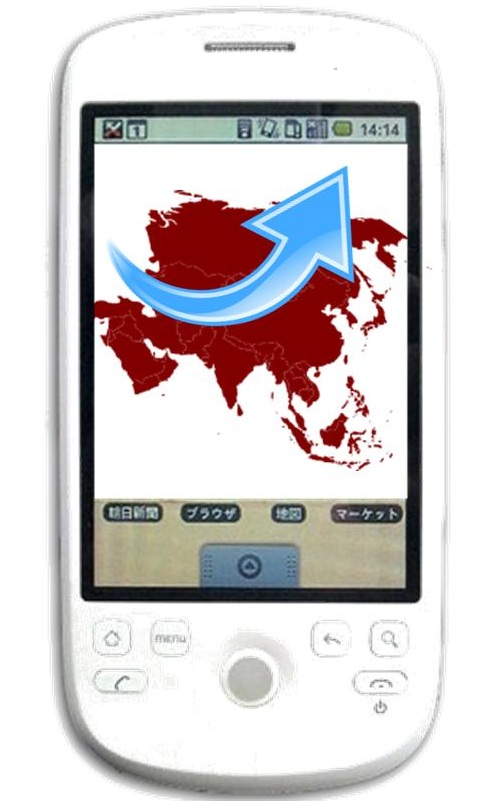 Zynga shifts focus to mobile games
Zynga shifts focus to mobile games
Zynga has been experiencing a significant amount of turbulence in the social gaming space recently. The company made its fortune through Facebook with its vast portfolio of social games. Last year, however, Zynga suffered a proverbial fall from grace as consumers abandoned the company’s games and Facebook stopped showing exclusive favor to the developer. Zynga has adopted a new approach to gaming in an effort to reclaim its throne and has shifted focus to mobile games.
Social gaming takes a back seat
According to the company’s latest financial earnings report, Zynga saw revenues of $311 million in the fourth quarter of 2012. The company experienced a net loss of $48.6 million during the same period. Revenues have been stagnant for the company for several years, but in-game sales have dropped by 15% throughout 2012. For the company to reclaim its place in the game industry, it will have to make a big splash in the mobile games sector.
Zynga working to break into the mobile space
Zynga has already aligned itself with a mobile-centric focus. The company has a workforce of approximately 20 developers working exclusively on mobile games. The rest of the company is focusing on the business aspects of entering into the mobile space, such as marketing, developing better in-game monetization schemes, and working to build new mobile deployment platforms for its upcoming games. Though the company has adopted a very strong focus on mobile games, it is unlikely that Zynga will abandon its social games any time soon.
Social games not likely to be abandoned by the company
Though Zynga may have lost a great deal of favor with consumers over the past year, the company still boasts of more than 298 million monthly active users for its games. Most of these users come from Facebook, where the company’s most popular games are still featured. For its mobile games, Zynga will have to find a new publisher, as Facebook has shown wariness of supporting the company’s titles and the fact that the social network has a very limited presence in the mobile gaming sector.
 Mobile commerce becomes a major focus of Asian retailers
Mobile commerce becomes a major focus of Asian retailers
Mobile commerce is gaining steam in the Asian Pacific market. The proliferation of smart phones, tablets, and wireless Internet is allowing consumers to move away from their PCs and traditional stores to participate in a new trend that has been emerging in industries all over the world. Euromonitor International, a leading market research and analysis firm, suggests that the growing adoption of mobile technology in the Asia-Pacific region is spurring retailers to delve more seriously into the field of mobile commerce.
Retailers adopting mobile commerce more quickly than those in the West
Retailers in the Asia-Pacific market have been provoked to aggressive action on the matter and have been adopting mobile commerce much more rapidly than those in other markets. Many of these retailers have begun developing mobile applications that allow consumers to shop more effectively from their smart phones and tablets. Euromonitor International expects that the aggressive adoption of mobile commerce among Asian retailers will only continue to pick up momentum in the coming months.
PayPal Singapore anticipates major growth in coming years
This analysis corresponds with that coming from PayPal Asia-Pacific, which suggests that consumers are becoming more apt to use their mobile devices to pay for products. Moreover, these consumers are more likely to spend large sums of money than those that do not participate in mobile commerce. According to PayPal, mobile payments in Singapore came in at $34 million in 2010 and more than $259 million in 2011. PayPal anticipates mobile commerce in Singapore alone will reach $2.4 billion by the end of 2015.
Groupon model proves popular with retailers
Mobile commerce has opened new possibilities for consumers throughout Asia. One of the business models that has become very popular with retailers embracing mobile commerce is allowing consumers to purchase products online and claim their purchase in person or have it otherwise mailed to them. This model was pioneered by Groupon Singapore, which is now being adopted by numerous retailers throughout the market due to its convenience.
 Zynga shifts focus to mobile games
Zynga shifts focus to mobile games
 Mobile commerce becomes a major focus of Asian retailers
Mobile commerce becomes a major focus of Asian retailers